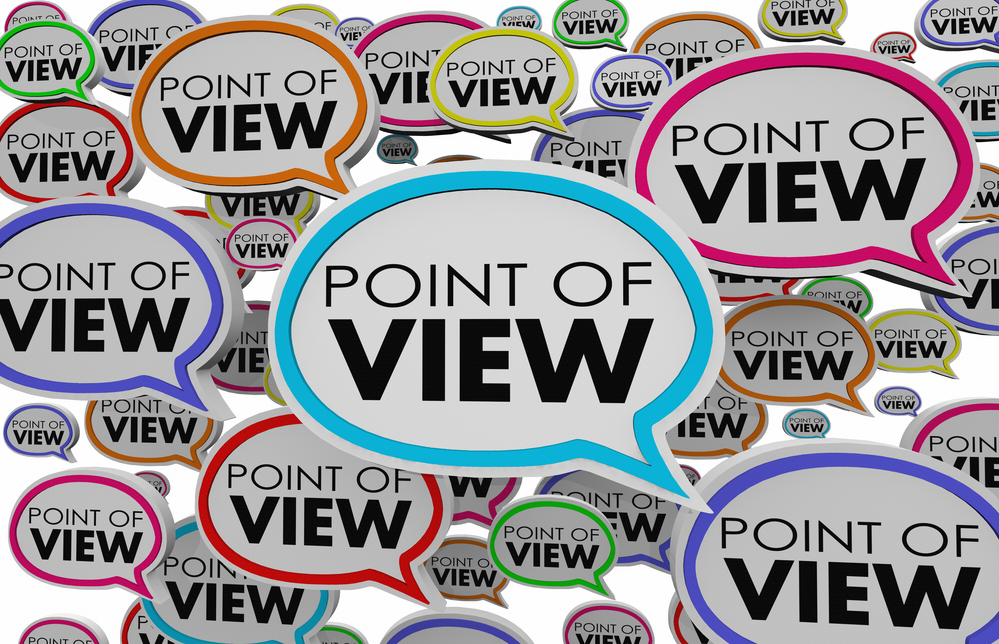People sometimes ask me “How personal should you get in your LinkedIn posts?” In researching this topic, I found a wide range of opinions, including lists of what not to post about.
The piece that especially caught my eye and resonated with me was one by LinkedIn expert John Nemo. Entitled: “How ‘Getting Personal’ With Your LinkedIn Updates Can Drive Significant Reach,” Nemo argues for being personal on LinkedIn.
One of my favorite quotes from the article is:
“More than ever – and especially in the digital space – your potential clients and customers are craving authenticity and transparency, they’re looking for someone they can get to know, like and trust, who shares similar experiences and challenges to their own.”
Overall, I agree with Nemo’s premise that there is a value in sharing the personal side of our lives on LinkedIn. Yet, there are many considerations when it comes to deciding how personal to be on LinkedIn.
Some Considerations to Take into Account Regarding How Personal to Be on LinkedIn
- The target market you want your posts to reach – such as existing and potential clients and referral partners.
- Your preferences in terms of being private or open with sharing personal information and points of view.
- Whether you are willing to handle criticism of your beliefs and experiences you describe.
My Own Approach to Being Personal in LinkedIn Posts
I share some aspects of my personal life on LinkedIn, such as my involvement in Toastmasters. Yet, in general, I avoid bringing up topics in my posts that reveal my views on political and social topics.
That said, I fully support the folks who choose to advocate for their views in a LinkedIn post. The point of me writing this article is not to be critical of these individuals. Everyone has a right to express their opinions.
When it comes down to it, my nature is to approach an issue or topic in an even-handed manner. As part of this approach, I tend to seek out information from a range of sources prior to making a decision.
I joined the League of Women Voters in my early 20s. My experiences with the League reinforced my natural tendencies to limit sharing my personal views publicly. On several occasions, I collaborated with other League members to create documents that covered differing viewpoints on specific issues. We took the same approach when we invited public officials and others to participate in the programs we held.
Later in life, I continued to limit situations in which I publicly expressed my views on social and political topics. When I worked in sales, I didn’t want to create a rift between me and a prospective customer. When I started my business as a social media tutor and trainer, I took a similar approach.
Target Market and Other Considerations
Another consideration for me is the target market I serve, which is primarily people age 55 and older. Although some people in this age group are very open about their political and social beliefs, many are not.
To some extent, I am comfortable with people taking issue with a point of view that I articulate. However, I’m not drawn to putting myself into situations where negativity and division could be generated from what I share.
Ironically, I realize that by simply sharing this post, I am opening myself for people to take issue with me. My goal with this piece is to open up a conversation on this topic and bring out varying opinions on it.
About Joyce
Joyce Feustel helps people, especially those age 55 and up, to become more effective using social media, especially LinkedIn and Facebook. She works with business owners, business development professionals, business consultants, job seekers, and more – ranging from entrepreneurs to people in large corporations. Find her at www.boomerssocialmediatutor.com.




Leave A Comment